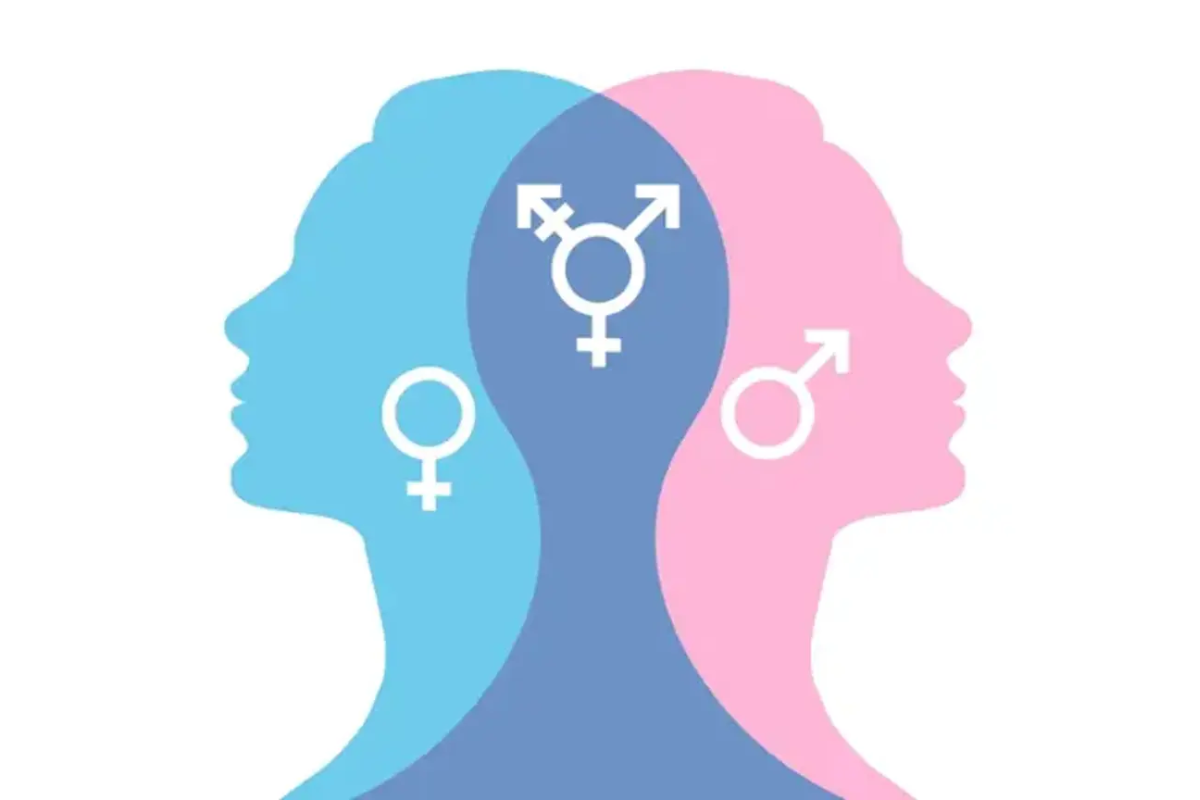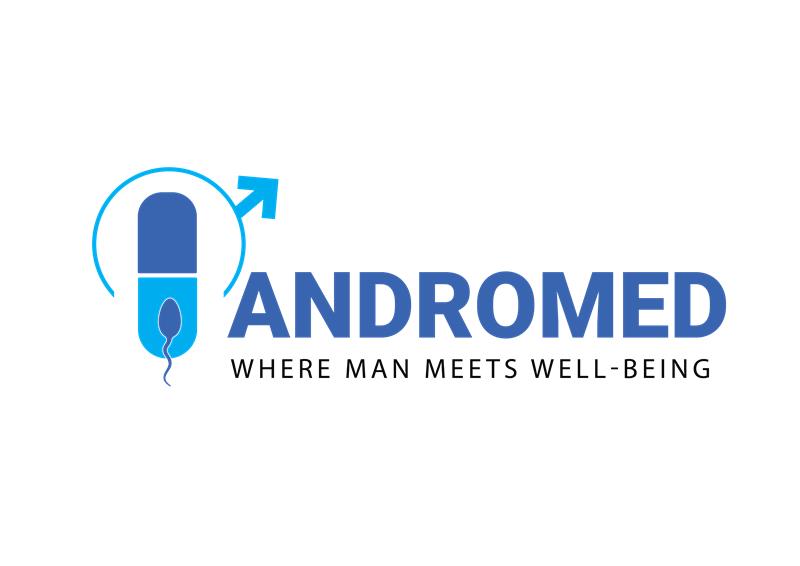BLOG

Apr 25,2025
Androgen Insensitivity Syndrome Treatment & Management
Androgen Insensitivity Syndrome (AIS) is a rare genetic condition in which individuals with XY chromosomes do not respond adequately to androgens, the male sex hormones responsible for male physical development. As a result, people with AIS may develop physical characteristics that are typically female or a combination of both male and female traits. This syndrome is categorized into three types: Complete AIS (CAIS), Partial AIS (PAIS), and Mild AIS (MAIS). The degree of androgen resistance varies across these types, influencing physical development and treatment options.
Understanding AIS and Its Diagnosis
AIS is typically diagnosed through a combination of clinical assessments and laboratory tests. Genetic testing helps identify mutations in the androgen receptor (AR) gene, which plays a crucial role in the body's response to androgens. Hormonal analysis measures androgen, estrogen, and luteinizing hormone levels to determine whether the body is resistant to male hormones. Physical examinations assess external genitalia, secondary sexual characteristics, and potential anomalies in reproductive structures. Imaging studies, such as ultrasound or MRI, help detect undescended testes and confirm the absence of internal female reproductive organs like the uterus and ovaries. AIS is often discovered during puberty when individuals with CAIS do not menstruate or develop secondary sexual characteristics typical of males, despite having XY chromosomes.
Treatment and Management Strategies
While there is no cure for AIS, various treatments help manage symptoms and improve quality of life. Management approaches depend on the specific type of AIS and the individual’s needs.
Hormone Therapy
Hormone therapy is a key component in AIS management. For individuals with CAIS, estrogen therapy is introduced after puberty to promote bone density, maintain secondary sexual characteristics, and support overall well-being. Those with PAIS may require customized hormonal treatments based on their androgen sensitivity and gender identity. In some cases, testosterone therapy is considered for individuals identifying as male. Hormonal treatment plays a crucial role in ensuring proper physical development and maintaining long-term health, especially in cases where the body does not naturally produce the required hormones.
Surgical Considerations
Surgical interventions are often considered based on medical necessity and personal preference. Individuals with CAIS typically undergo gonadectomy after puberty to prevent the risk of gonadal tumors, which can develop in undescended testes. However, this procedure is delayed until adulthood when possible to allow for natural hormone production during puberty. Some individuals with PAIS may opt for surgical procedures to align their physical appearance with their gender identity, which can include feminizing or masculinizing surgeries. Since individuals with CAIS often have a shortened vaginal canal, they may require vaginal dilation therapy or surgical intervention (vaginoplasty) to facilitate sexual activity. Surgical decisions are highly individualized and should be made in consultation with experienced healthcare professionals.
Psychosocial and Emotional Support
Living with AIS can present emotional and psychological challenges, making mental health support a critical aspect of care. Counseling and peer support groups help individuals navigate identity-related concerns, self-esteem issues, and social relationships. Support also extends to parents and caregivers, enabling them to provide informed and compassionate guidance. Psychological counseling can also help individuals process their diagnosis, make informed decisions about treatment options, and develop coping strategies for dealing with social and emotional challenges. Building a strong support system is essential for fostering self-acceptance and confidence in individuals with AIS.
Fertility and Reproductive Considerations
Most individuals with CAIS and PAIS are infertile due to the absence of functional reproductive structures. However, those with MAIS may have partial fertility, and assisted reproductive technologies may be an option in some cases. Genetic counseling is recommended for individuals and families seeking more information on reproductive health. While infertility can be a challenging aspect of AIS, advancements in reproductive medicine continue to offer hope for some individuals. Discussions with specialists can provide clarity on available options and help individuals make informed decisions about their reproductive health.
Long-Term Care and Lifestyle Considerations
Managing AIS requires a lifelong commitment to healthcare and self-care. Regular medical follow-ups with endocrinologists and other specialists help monitor hormone levels, bone health, and overall well-being. Routine assessments ensure that individuals receive the necessary support to maintain optimal physical health. Psychological support plays an ongoing role in ensuring emotional stability and a positive self-image. Educational resources and professional counseling can assist individuals in understanding their condition, advocating for themselves, and making informed decisions about their health. Sexual health and relationship education also play a crucial role in fostering confidence and well-being in personal relationships. Understanding one's body and reproductive health is essential for developing a positive self-image and engaging in fulfilling relationships.
Conclusion
Androgen Insensitivity Syndrome (AIS) is a complex condition that requires a multidisciplinary approach for effective management. Through hormone therapy, surgical interventions, psychological support, and ongoing medical care, individuals with AIS can lead fulfilling lives. Raising awareness and fostering supportive environments are essential in helping those affected navigate their journeys with confidence and dignity. Access to specialized healthcare professionals and community support systems empowers individuals with AIS to embrace their identities and achieve a high quality of life. For expert guidance and compassionate care, visit Dr. Karthikeyan, a specialist in intersex conditions and hormone therapy, to explore the best treatment options for a healthy and fulfilling future.
Copyright © . Karthikeyan V S. All Rights Reserved.
Powered By: Cortex Media Marketing Pvt Ltd


